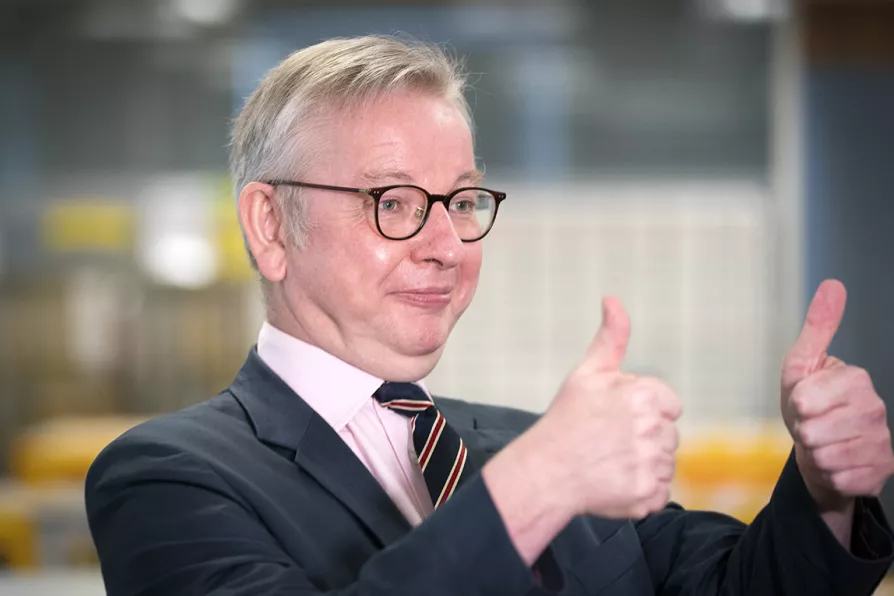Once the bustling heart of Christian pilgrimage, Bethlehem now faces shuttered hotels, empty streets and a shrinking Christian community, while Israel’s assault on Gaza and the tightening grip of occupation destroy hopes of peace at the birthplace of Christ, writes Father GEOFF BOTTOMS

 Cabinet Office Minister Michael Gove
Cabinet Office Minister Michael Gove
MICHAEL GOVE has announced plans for “reform” that look designed to give favoured corporations and Tory insiders more control of the supposedly independent Civil Service.
He wants to turn government into “Gove-rnment,” a system that hands over public services to his mates, so they can make a profit at our expense.
Gove pushed the plans at a conference arranged by a former Tory MP’s personal think tank. The event was funded by a former Tory adviser’s company, one that tries to win public-sector contracts for corporations — which rather gives the game away about what is being planned here.

Politicians who continue to welcome contracts with US companies without considering the risks and consequences of total dependency in the years to come are undermining the raison d’etre of the NHS, argues Dr JOHN PUNTIS

SOLOMON HUGHES details how the firm has quickly moved on to buttering-up Labour MPs after the fall of the Tories so it can continue to ‘win both ways’ collecting public and private cash by undermining the NHS













